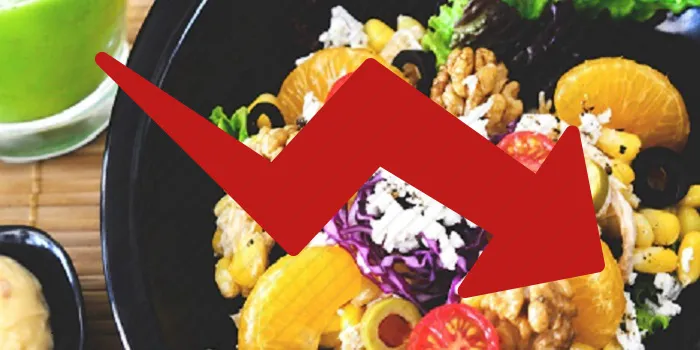The beginning of the end of food delivery startups
There has been a huge boom in the number of food delivery startups in the last six to 12 months. Just to be sure we know what is being referred to: a food delivery company is one which takes customer order on its system and transfers it to a food production unit/restaurant, followed by a delivery boy picking up the order from the restaurant and delivering it to the customer. While their core proposition remains convenience for customers, food delivery startups do not do food quality control. Unfortunately, the core value proposition for the customer is slightly different; the taste and quality of food is something they can’t influence.

The crucial question to be asked is this: can these startups generate more revenue per order from restaurant/customer than the cost of delivering one order. Right now, it seems that some of the startups are incurring three times the cost in delivering an order as compared to the revenues being generated from it. Obviously, they are unprofitable. However, the hope is that as the delivery force becomes more efficient, at some point of time in the future the revenue per order would exceed cost in delivering the order and it would become an insanely profitable business. The same logic has been repeated for various other consumer tech businesses and situations.
But this time it has become even harder to execute.
Like many other businesses in consumer tech, food delivery startups face similar challenges of unknown location of demand origination and demand completion, as well as the inability to influence external circumstances (in cab delivery business, this is traffic on the roads; in grocery delivery it is the availability of SKUs and in food delivery it is the speed at which the restaurant would make the food item).
Companies are trying to solve these problems by becoming more hyperlocal. Therefore, they deliver only within a small radius from where you order. This way, they minimise the scope of variation in point of origination, point of food pick-up as well as the probability of outlier orders. The same strategy has been followed by grocery/medicine delivery companies.
However, there are two additional operating constraints for food delivery startups which is not the case of cabs/grocery or medicine deliveries:
- Most people want all their food orders to be delivered in four operating hours (no more, lest the food gets cold and no less) of the day which is neither the case for cab delivery, grocery delivery or medicine delivery. They typically have a much wider operating time-frame.
- Any food delivered beyond 60 minutes of production tends to go cold, loses taste etc. And we Indians hate that. Again, medicines or groceries don’t get spoilt even in a few hours.
These operating constraints can’t be wished away, however hard we may try. And this implies that it’s near impossible to make more than a certain number of food deliveries in a day. Therefore, it also means that it’s just not possible to make money easily in the food delivery business whatever be the overall volume – the unit economics will always set the limits.
What, then, will likely happen to these startups?
Well, there is no logical case for the existence of a pure food delivery startup. Incidentally, delivering food adds to the efficiency metrics for grocery delivery startups. Remember, customers want groceries delivered at the end of the day and food in the middle of the day. Therefore, soon we should be seeing grocery delivery startups adding food delivery to their list, further hastening the end of pure food delivery startups.
About the Author: Aditya Somani, the author of this article is an investment professional.
(Disclaimer: The views and opinions expressed in this article are those of the author and do not necessarily reflect the views of YourStory.)







